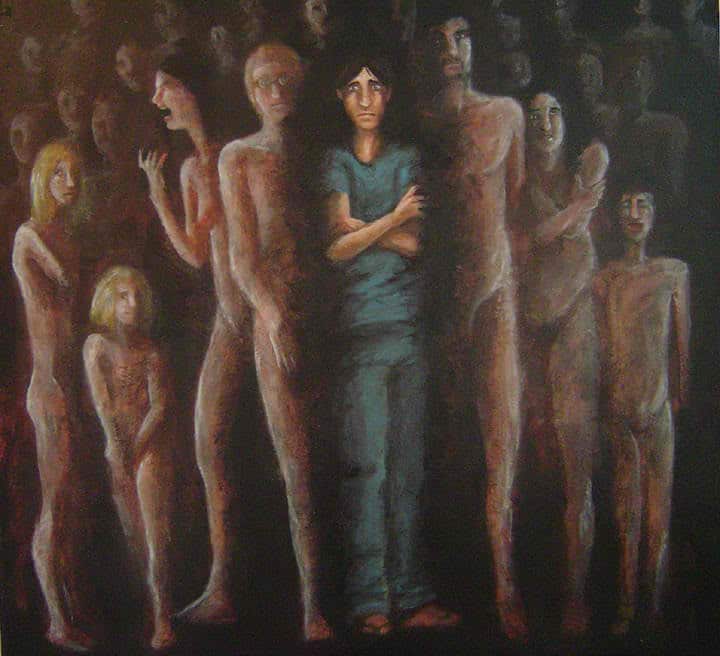Many people have described to me a history of mental illness in their family. Some know of depression dating back several generations. Many know histories of alcoholism, psychotic breaks and hospitalization, anxiety and trauma symptoms that still show their faces generation after generation.
I have seen patients over the years having psychotic episodes, major depressions, post traumatic stress disorder, extreme anxiety and so forth. The one common fact in all these situations was a violation of their vulnerability.
Common examples of a violation of vulnerability are those who have been the victims of racism. Those who have fought in war. People who have been sexually, emotionally, and physically abused. Those raised in shame based religious families generation after generation. All these people have been overpowered and taken advantage of by another.
I rarely hear the terms mental illness, mental disorders, mental disability or psychiatric disorders, without judgement. Usually mental illness is understood as an oddity that needs to be medicated because of a “chemical imbalance”.
I can understand this judgement because the unknown scares us. How frightening to consider that we could be taken over by floods of emotion, continuous racing thoughts, and terrifying memories and hallucinations that seem to have no end.
However, if you had grandparents or great grandparents that died in a concentration camp, had been in war, had been raped, had been sexually molested, suicided and so forth the consequences will show up in the children to follow. These types of traumas change body chemistry. Yes, there will be some problems with serotonin.
This is the field of mind/body medicine that proves one affects the other. Stress in the mind causes the body to tighten and go into fight or flight mode thereby changing body chemistry. Pain in the body causes anger, sadness, worry and so forth which changes body chemistry.
If we take the judgement out of all these words we simply have overwhelming hurt, sadness, and confusion, which is often hard to face.
So the positive side of judgement buys us a little denial time as we gradually get closer to our own vulnerability and then understand how these “mental illnesses” make sense. These symptoms make sense because they are natural reactions to extremely violent and hurtful situations.
It is hard to believe that trauma can be handed down generation after generation. But of course, this is evolution, this is how we learn from one generation to the next. This is how we learn what to do and what not to do from our ancestors.
As Nelson Mandela said:
“Let us never be unmindful of the terrible past from which we come— that memory not as a means to keep us shackled to the past in a negative manner, but rather as a joyous reminder of how far we have come and how much we have achieved.”
As C.G. Jung said:
“We are very far from having finished completely with the Middle Ages, classical antiquity, and primitivity, as our modern psyches pretend.”
Quotes taken from: Kimbles , Samuel; Phantom Narratives: The Unseen Contributions of Culture to Psyche

